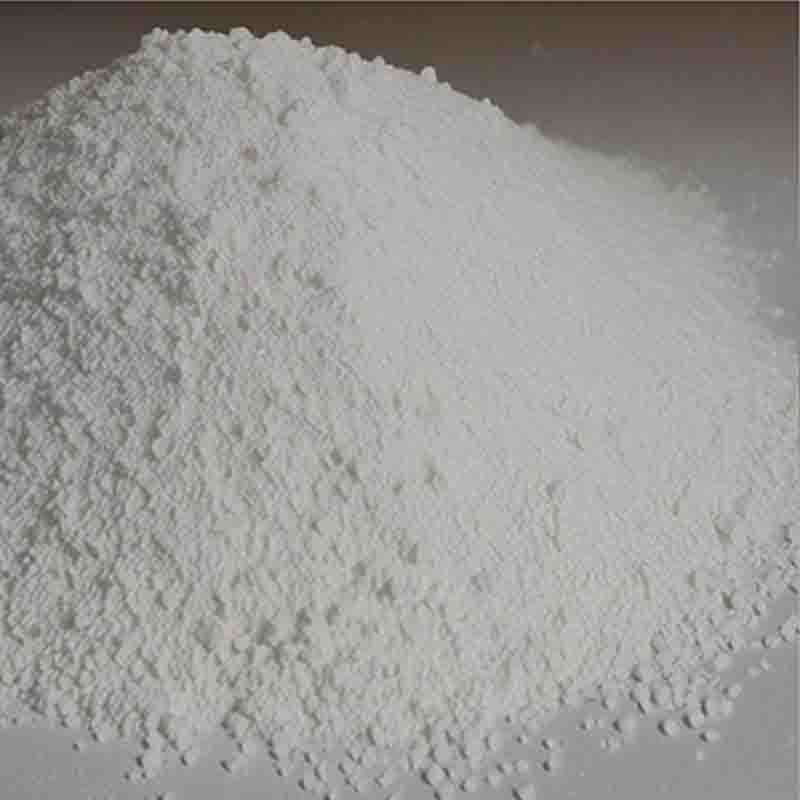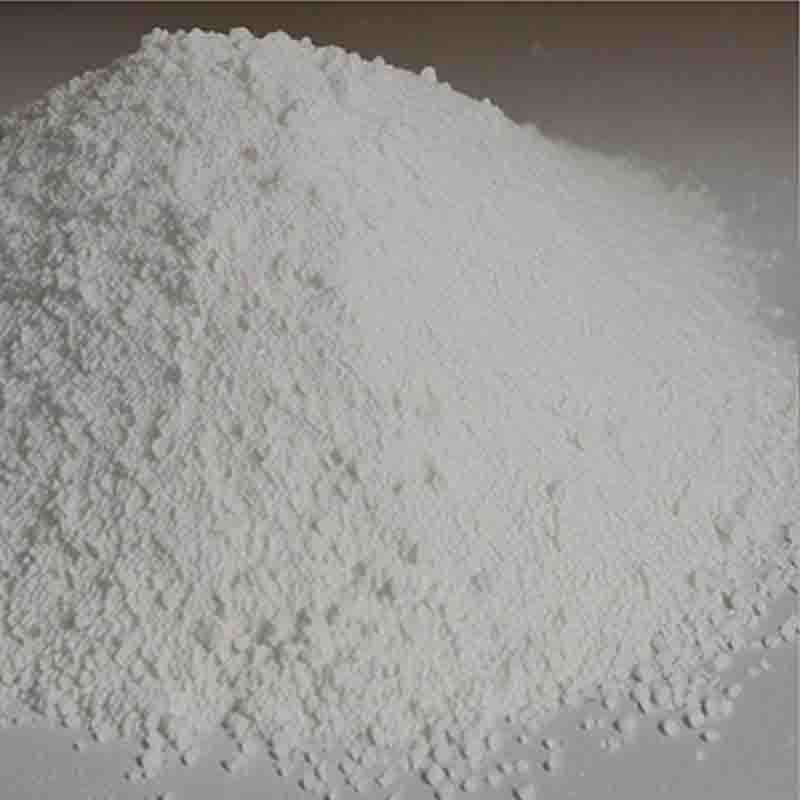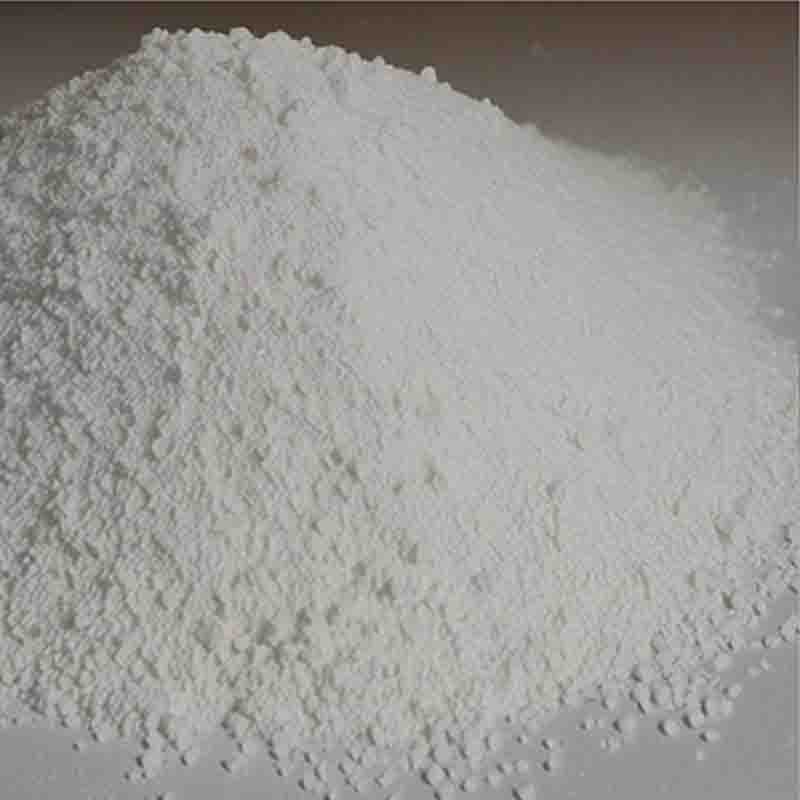Platinum(II)-ammonium chloride CAS: 13820-41-2
| Catalog Number | XD94473 |
| Product Name | Platinum(II)-ammonium chloride |
| CAS | 13820-41-2 |
| Molecular Formula | Cl4H4NPt- |
| Molecular Weight | 354.92 |
| Storage Details | Ambient |
Product Specification
| Appearance | White powder |
| Assay | 99% min |
Platinum(II)-ammonium chloride, also known as cisplatin, is an important and widely used chemotherapy drug in the field of oncology. It is a platinum-based compound that is primarily used in the treatment of various types of cancers, including testicular, ovarian, bladder, lung, and head and neck cancers.Cisplatin is administered intravenously and works by entering the cancer cells and binding to their DNA molecules. Inside the cells, cisplatin forms covalent bonds with the DNA strands, particularly with the guanine bases. This binding process leads to the formation of DNA adducts and cross-links, which interfere with the replication and transcription processes of the cancer cells. Ultimately, this disruption in DNA function results in cell cycle arrest and programmed cell death, leading to the destruction of the cancer cells.The use of cisplatin has been particularly successful in combination chemotherapy regimens. It is often used in combination with other chemotherapy drugs to enhance its effectiveness and target cancer cells through different mechanisms. Cisplatin-based chemotherapy regimens have significantly improved response rates and overall survival rates in cancer patients.However, cisplatin treatment is not without its drawbacks. One of the most significant concerns is the potential for nephrotoxicity, which refers to kidney damage caused by cisplatin. As a result, close monitoring of kidney function and appropriate preventive measures are essential during cisplatin therapy.Another important side effect of cisplatin is neurotoxicity, which can manifest as peripheral neuropathy. This condition can cause pain, tingling, numbness, or weakness in the extremities and can negatively impact the patient's quality of life. Additionally, cisplatin can also cause ototoxicity, resulting in hearing loss or ringing in the ears (tinnitus).Despite these side effects, cisplatin has had a significant impact in cancer treatment and has contributed to increased survival rates for many patients. It has also paved the way for the development of other platinum-based drugs with improved properties and reduced side effects. Additionally, cisplatin has been a valuable tool for scientific research, helping to uncover a better understanding of DNA structure, DNA-protein interactions, and DNA repair mechanisms.Overall, platinum(II)-ammonium chloride, or cisplatin, is a powerful chemotherapy drug that has proven to be effective in the treatment of various cancers. Its ability to bind to DNA and disrupt cellular processes has made it a cornerstone of cancer treatment, although treatment must be managed carefully to mitigate its potential side effects.




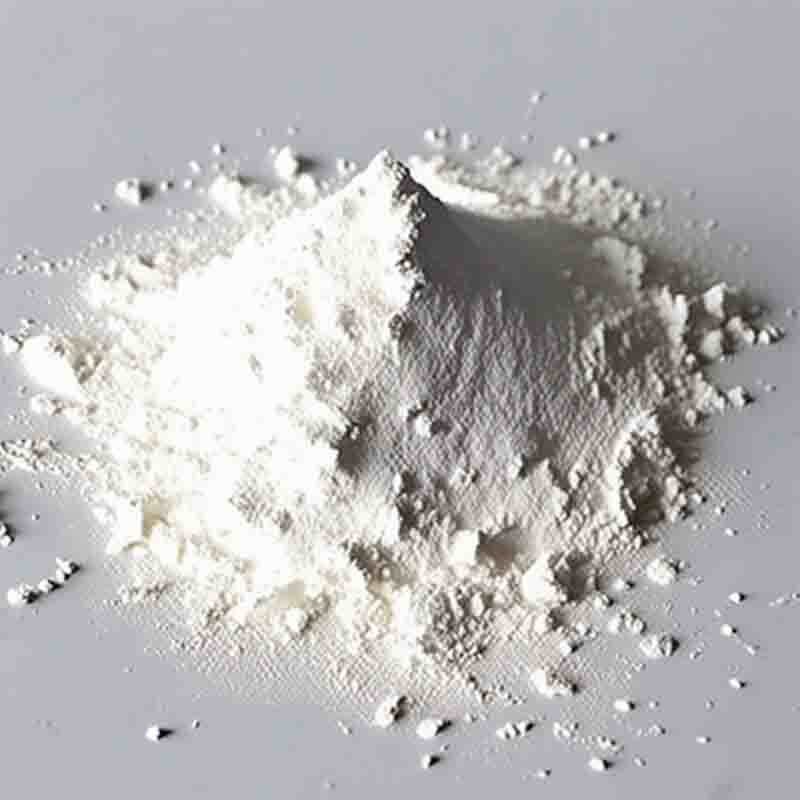
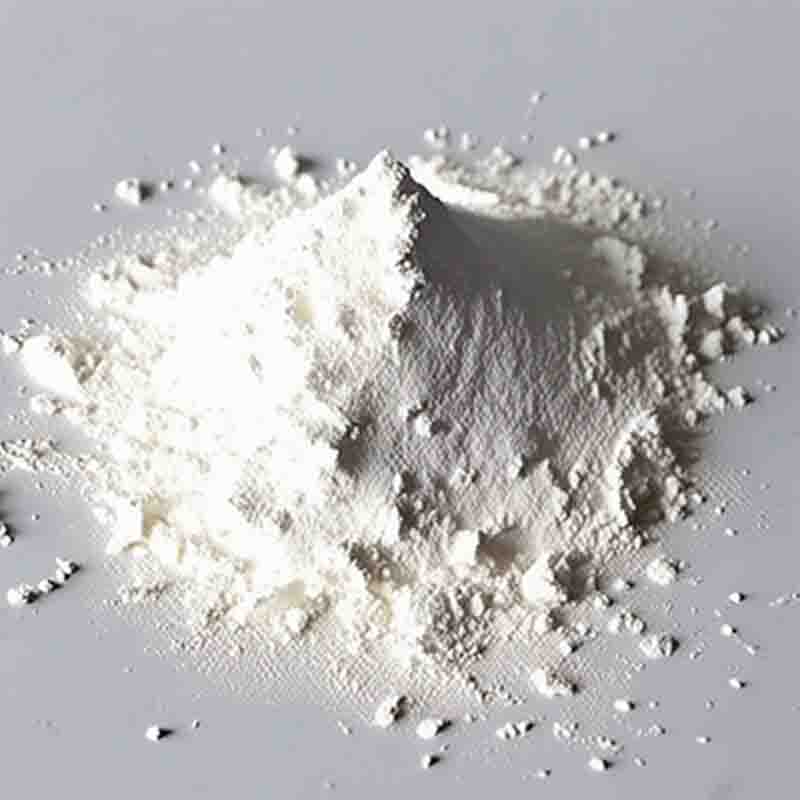
![4′-[(2-Butyl-4-oxo-1,3-diazaspiro[4.4]non-1-en-3-yl)methyl]-(1,1′-biphenyl)-2-carbonitrile CAS: 138401-24-8](https://cdn.globalso.com/xdbiochems/白色粉末11049.jpg)
